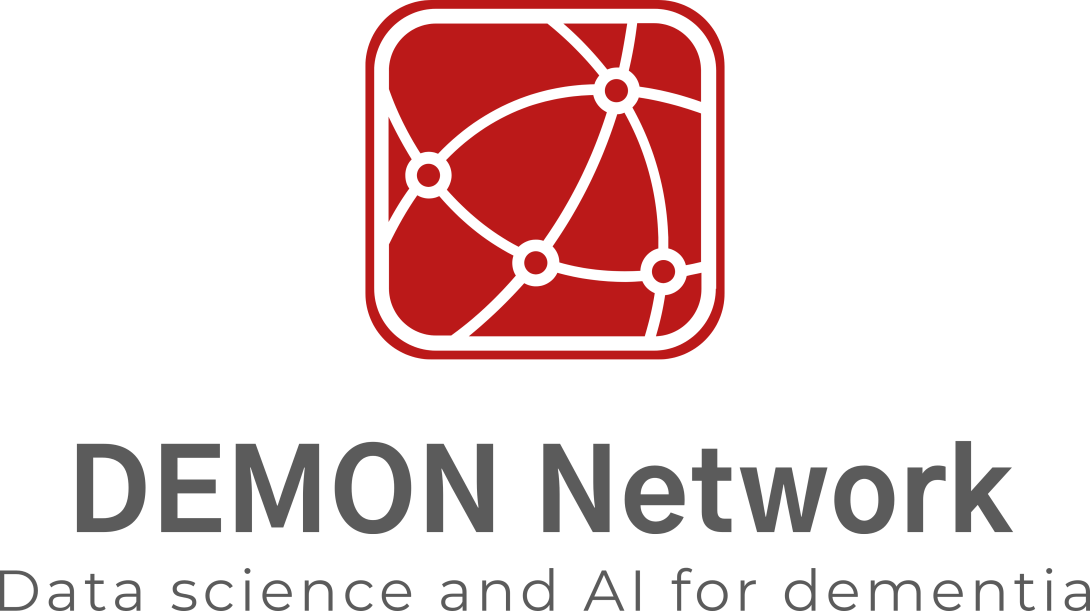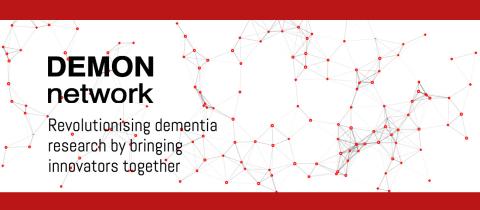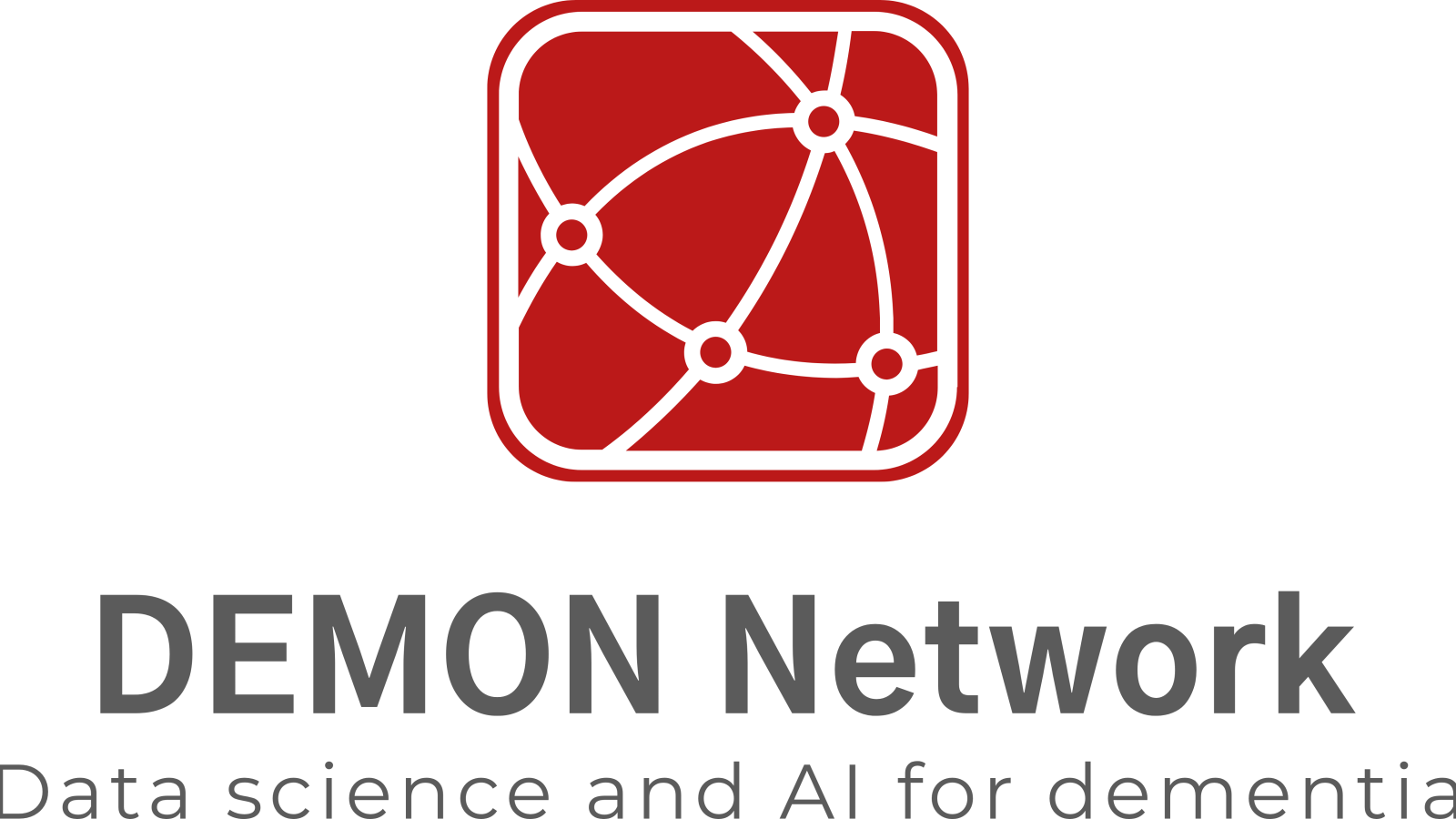
Website
https://demondementia.com/
About DEMON Network
The DEMON (Deep Dementia Phenotyping) Network is an international collaborative initiative focused on applying data science and artificial intelligence (AI) to dementia research. The network brings together a diverse group of professionals, including academics, clinicians, and industry partners, to develop innovative approaches that advance our understanding of dementia. DEMON aims to revolutionise dementia research and healthcare through the integration of cutting-edge AI and data science methodologies. The network not only facilitates groundbreaking research but also provides valuable resources, training, and seminars to support the dementia research community globally. Through these efforts, DEMON is driving progress in early detection, diagnosis, and treatment of dementia, ultimately working towards improving patient outcomes and advancing the field of neurodegenerative research.
Working with UK DRI
The UK Dementia Research Institute (UK DRI) and the DEMON (Deep Dementia Phenotyping) Network maintain a strong collaborative relationship, working together to advance dementia research through the integration of data science and artificial intelligence. In March 2023, DEMON Network leadership was invited to participate in the UK DRI Informatics scoping event, reflecting the close ties between the two organizations. Additionally, several UK DRI Group Leaders, including Sarah Marzi, Nathan Skene, and Maura Malpetti, are actively involved in the DEMON Network, contributing their expertise to the network’s initiatives.
Several UK DRI scientists co-authored the review paper series, “THE FUTURE OF ARTIFICIAL INTELLIGENCE IN THE FIELD OF DEMENTIA” published in Alzheimer’s & Dementia in 2023 where the utilisation of artificial intelligence in dementia research was explored. These interactions underscore the shared goals of UK DRI and DEMON in harnessing data science to drive forward the understanding and treatment of dementia. By working together, the two organisations are not only enhancing research capabilities but also fostering a collaborative environment that accelerates the translation of scientific discoveries into clinical applications, ultimately improving outcomes for individuals affected by dementia.
Latest news


